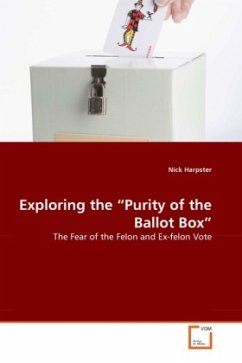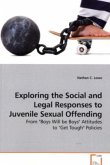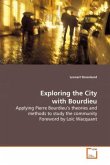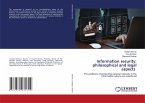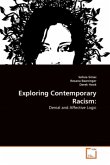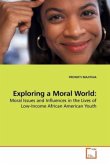Security is a contentious concept, which reaches its
limits when applied in a non-Western context. With a
strong war-like rhetoric and a strategy called Democratic Security, Alvaro Uribe Vélez (2002-2006)
promised to defeat the insurgency and to strengthen
the Colombian state. Uribe s strategies and rhetoric
moves were challenged at every step by different
sectors of the public opinion, the civil society and
his political adversaries. In spite of the
contradictory results of his policies, Uribe took the
oath of office for a second time. I argue here that
security is a strategy used by all political and
military actors in Colombia to delegitimize, as well
as to foreclose their adversaries political space.
Through the use of critical and discourse theory, I
analyze the discursive strategies used by Uribe and
his counterparts to reach political hegemony and the
responses it has elicited in Colombia. This work will
introduce its readers to a nuanced and rarely
approached angle on the politics of security and
should be of special use to those interested in the
Colombian conflict, Latin American politics, state
and insurgent violence, and discourse analysis.
limits when applied in a non-Western context. With a
strong war-like rhetoric and a strategy called Democratic Security, Alvaro Uribe Vélez (2002-2006)
promised to defeat the insurgency and to strengthen
the Colombian state. Uribe s strategies and rhetoric
moves were challenged at every step by different
sectors of the public opinion, the civil society and
his political adversaries. In spite of the
contradictory results of his policies, Uribe took the
oath of office for a second time. I argue here that
security is a strategy used by all political and
military actors in Colombia to delegitimize, as well
as to foreclose their adversaries political space.
Through the use of critical and discourse theory, I
analyze the discursive strategies used by Uribe and
his counterparts to reach political hegemony and the
responses it has elicited in Colombia. This work will
introduce its readers to a nuanced and rarely
approached angle on the politics of security and
should be of special use to those interested in the
Colombian conflict, Latin American politics, state
and insurgent violence, and discourse analysis.


